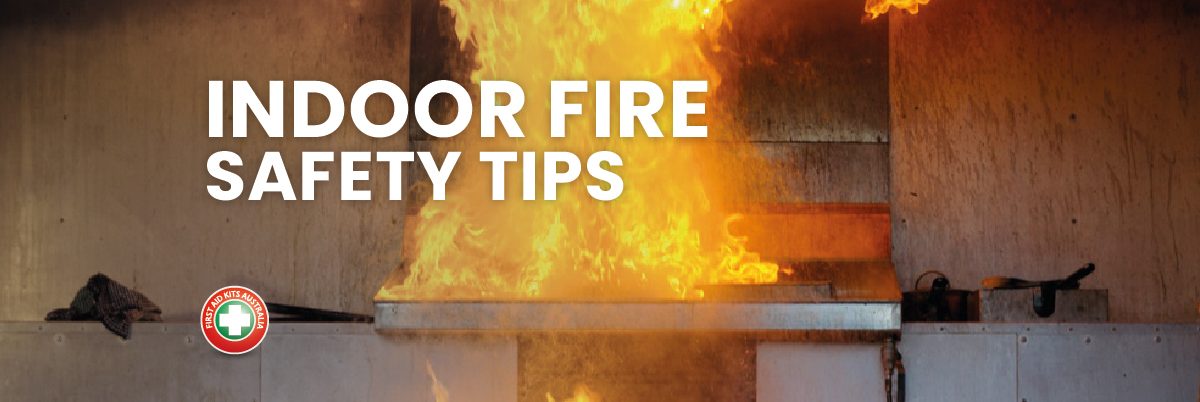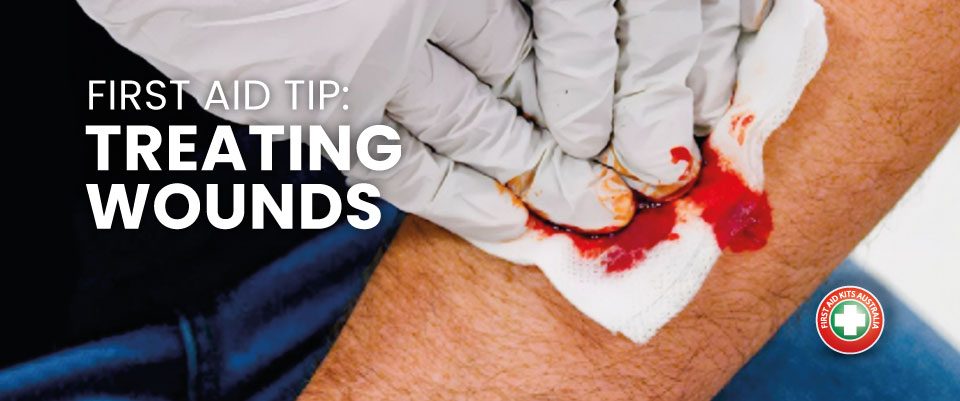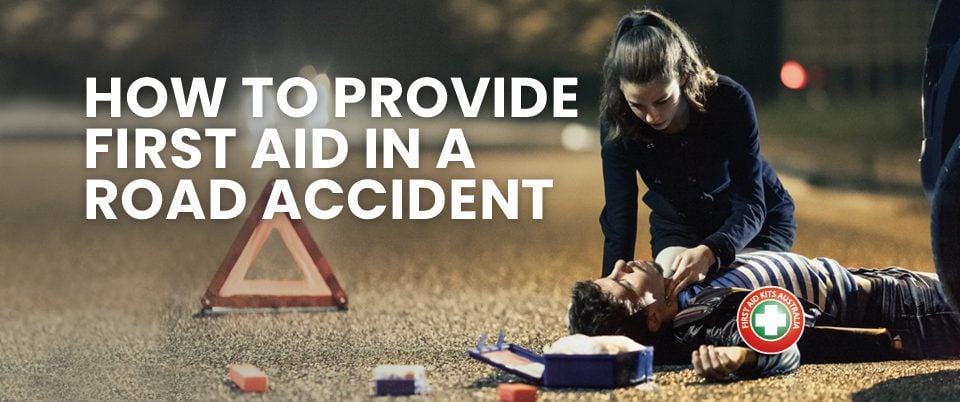
How to Choose First Aid Kits for Work Vehicles
18 May 2023
New First Aid Kit Restocking Feature
26 June 2023Tips to Keep You and Your Loved Ones Safe
A fire in your home can be a frightening and potentially deadly experience. Fires can spread quickly, causing extensive damage and endangering the lives of those inside.
It is essential to be prepared and take steps to prevent fires from starting in the first place. Additionally, knowing what to do in case of a fire emergency is critical to ensure the safety of yourself and others.
Preventing Kitchen Fires
Kitchen fires are one of the most common types of fires in the home. It is essential to take steps to prevent them from starting. Here are some tips to help you prevent kitchen fires:
- Never leave food unattended while cooking. If you need to leave the kitchen, turn off the stove or oven.
- Keep flammable items away from the stove, such as dish towels, paper towels, and potholders.
- Clean your stove and oven regularly to remove any grease buildup.
- Do not wear loose-fitting clothing while cooking. Loose clothing can easily catch fire.
- Keep a fire extinguisher in or near your kitchen, and make sure everyone in your household knows how to use it.
Putting Out Fires
If a fire does start in your home, it is crucial to act quickly to put it out. Here are some tips for putting out fires:
- For small fires, such as a grease fire on the stove, use a fire extinguisher or smother the flames with baking soda or a lid.
- For larger fires, get everyone out of the house and call 000 immediately. Do not attempt to put out the fire yourself.
- If your clothes catch on fire, stop, drop, and roll. Cover your face and mouth with your hands while rolling to protect yourself from smoke and flames. It is handy to have at home a fire blanket that can be used in case of an emergency.
Treating Burns and Smoke Inhalation with First Aid Kits
Burns and smoke inhalation can be serious and require immediate attention. Here are some tips for treating burns and smoke inhalation with first aid kits:
- For minor burns, run cool water over the affected area for at least ten minutes to reduce pain and swelling. Apply a sterile bandage or gauze to the burn to protect it from infection.
- For more severe burns, seek medical attention immediately. Use a first aid kit to clean and dress the wound while awaiting professional medical care.
For more information read our blog on How to Treat Burns - If you or someone else has inhaled smoke, move to an area with fresh air immediately. If breathing difficulties persist, seek medical attention. Use a first aid kit to provide respiratory support, such as oxygen and breathing masks.
Indoor fire safety and first aid are essential for the safety of you and your loved ones. Preventing fires from starting is critical, and everyone in the household should know what to do in case of a fire emergency. A well-stocked first aid kit can be a valuable resource in the event of a burn or smoke inhalation.
Remember to stay prepared, stay alert, and stay safe.






